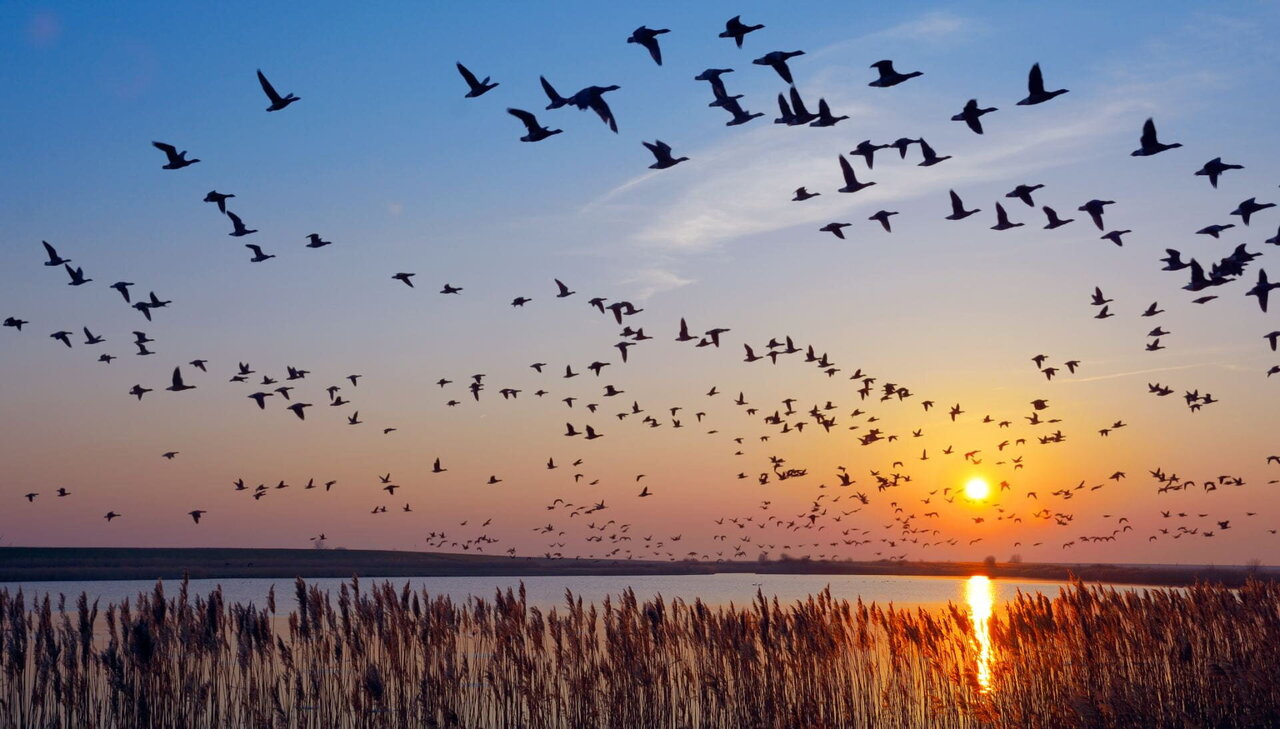|
Photo Southern Methodist University - phys.org
The brightening night sky negatively impacts behavioral changes in animals and causes decreased plant growth. Both sunlit days and dark nights are essential. Unlike humans, most animals use the varied lighting as cues when to feed, mate and migrate. Too much artificial light confuses their instinctive activity, creating fatigue, and can even lead to a halt in their normal behavior, such as the natural migration of birds, salmon, etc. When they don’t reach their destination at the appropriate time of year, it can cause a decline in their population, and make them vulnerable to harsh weather, starvation and the danger of being preyed on by other animals. Without dark nights, plants slow in their growth as well. Both plants and animals have relied on the predictable rhythm of day and night, and humans have disrupted this cycle with light pollution. Continue reading here. |
Archives
July 2024
|
|
Donations to Dark Sky Defenders do not go to DarkSky International. Please contribute directly to DSI for donations and memberships.
|
|


 RSS Feed
RSS Feed
